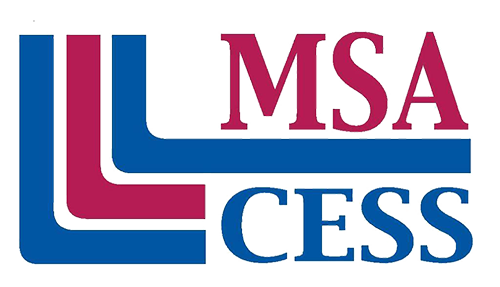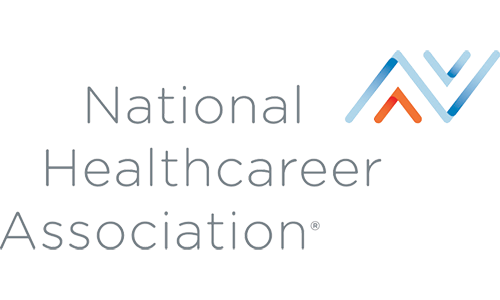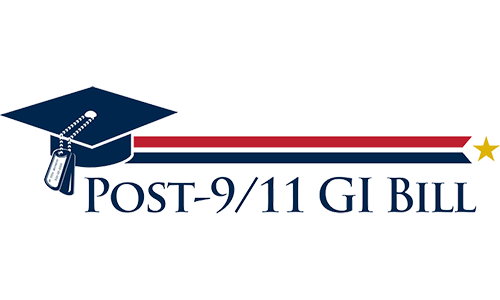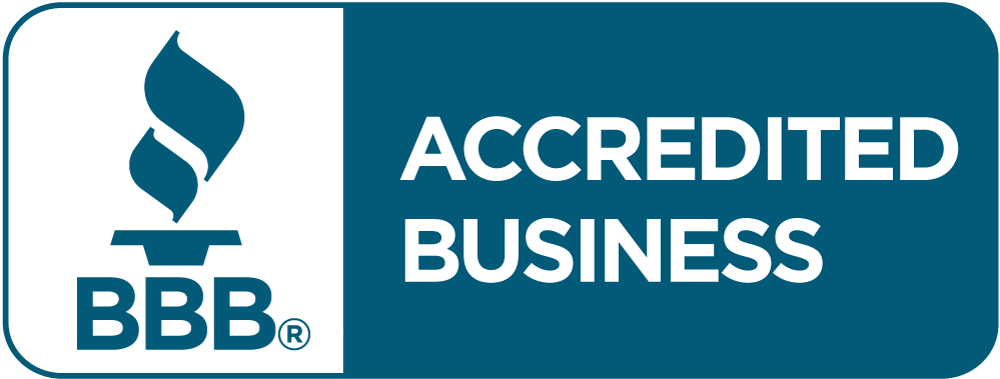
In Demand Career Spotlight Series – Medical Office Specialist
Our In Demand Career Spotlight Series will focus on careers in the medical and dental industries where demand for skilled workers outpaces supply. At ACI Medical & Dental School, you can be certified for these in-demand careers in as little as four months with the hands-on training and skills you’ll need for your new career.
In this blog post, we will be discussing the Medical Office Specialist position.
What Does a Medical Office Specialist Do?
A Medical Office Specialist, also known as a Medical Office Administrator or Medical Office Assistant, performs a variety of administrative and support tasks in healthcare settings such as hospitals, clinics, and private practices. Their primary responsibilities include:
Administrative Duties
- Reception and Patient Interaction
- Greeting patients and visitors
- Scheduling and confirming appointments
- Answering phone calls and managing correspondence
- Medical Records Management
- Maintaining and updating patient records
- Ensuring the accuracy and confidentiality of medical records
- Handling electronic health records (EHR) systems
- Billing and Coding
- Processing insurance claims and billing patients
- Handling medical coding for procedures and diagnoses
- Managing accounts receivable and accounts payable
- Office Organization
- Ordering and managing office supplies
- Coordinating with medical staff to ensure smooth office operations
- Maintaining a clean and organized work environment
Support Duties
- Patient Assistance
- Assisting patients with forms and documentation
- Explaining procedures and office policies to patients
- Ensuring patient comfort while in the office
- Communication Liaison
- Communicating between patients, medical staff, and insurance companies
- Relaying important information to healthcare providers
- Coordinating with laboratories and other medical facilities
Important Skills for Medical Office Specialists
Medical Office Specialists play a critical role in ensuring the efficient operation of healthcare facilities, providing essential support to both medical professionals and patients. Here are some of the top skills employers look for:
- Technical Skills
- Proficiency in medical software and EHR systems
- Knowledge of medical terminology and procedures
- Competence in office software (such as Microsoft Office)
- Interpersonal Skills
- Strong communication and customer service abilities
- Ability to handle sensitive information with confidentiality
- Good organizational and multitasking skills
- Educational Background
- A high school diploma or equivalent. Many employers also require or prefer post-secondary education or certification.
What is the Job Outlook for a Medical Office Specialist?
The job outlook for Medical Office Specialists is positive, with employment expected to grow by 7% by 2032 due to the increasing demand for healthcare services. The aging population and expanding healthcare industry drive the need for skilled administrative support in medical settings. Medical Office Specialists are essential for efficient office operations, managing patient records, and processing insurance claims. This demand ensures steady job opportunities and career stability. Additionally, advancements in healthcare technology and electronic health records further enhance the need for proficient administrative professionals. Overall, the outlook for Medical Office Specialists is promising, with continued growth anticipated in the coming years.
What’s The Difference Between A Medical Assistant And A Medical Office Specialist?
A Medical Assistant and a Medical Office Specialist differ mainly in their focus and responsibilities within healthcare settings.
- Medical Assistants handle both clinical and administrative tasks, such as taking patient vital signs, assisting with exams, administering injections, phlebotomy and EKG duties, updating patient records, and managing billing. They often interact directly with patients and require formal training and certification.
- Medical Office Specialists concentrate on administrative and clerical duties, including managing patient records, processing insurance claims, scheduling appointments, and ensuring office operations run smoothly. They do not perform clinical tasks and typically need a high school diploma, with some positions preferring further education in medical office administration. While Medical Assistants split their time between patient care and administrative work, Medical Office Specialists focus solely on the administrative side, supporting healthcare providers by maintaining an organized and efficient office environment.
What Is The Average Medical Office Specialist Salary In NJ?
According to Zip Recruiter, the average salary of a Medical Office Specialist in New Jersey is around $37,788. Top earners can make up to $51,270 annually. This will depend on several factors including location, your specific workplace, level of experience, and certification.
Interested in Medical Office Specialist Training in New Jersey?
By completing our Medical & Dental Administrative Program, students will be equipped with the skills and knowledge to take on the responsibilities of a Certified Medical Office Specialist in just four months.
Classes are starting soon! To learn more about this exciting new career opportunity and take the next step towards an in-demand job in a growing industry, contact us today.







